Chileans went to the polls on Sunday to choose a new president and parliament, in an election widely expected to tilt toward the hard right as candidates tap into public concerns over rising organised crime and immigration.
The vote marks the first round of what is almost certain to be a two-stage presidential contest, with surveys indicating that no contender will surpass the 50% needed to avoid a runoff set for December 14.
Polling stations opened at 8:00 am (1100 GMT), giving voters eight hours to cast their ballots for the presidency and parliamentary seats. Results are expected roughly two hours after voting ends at 4:00 pm (1900 GMT).
Although the presidential race appears to present stark ideological contrasts from 51-year-old Jeannette Jara, a Communist Party member and former labour minister in the left-wing government, to 59-year-old José Antonio Kast, an ultraconservative lawyer and ex-lawmaker who opposes abortion and pledges to shrink the state, the campaign has converged around a common issue: public security.
Growing anxiety over gang-related crime, fuelled by a wave of irregular migration from crisis-hit Venezuela, has pushed both leading candidates to focus heavily on law and order.
Quick Reads
View AllPolling indicates that Jara, who is backed by a broad left-wing alliance, is on track to win Sunday’s first-round vote. However, far-right candidate Kast is widely expected to prevail in the December runoff.
A sharp increase in murders, kidnappings and extortion over the past decade has sown terror in Chile, one of Latin America’s safest nations.
“We need someone who shows an iron fist,” Jacqueline Ruz, a 56-year-old Kast supporter, told AFP at his final rally this week in Santiago.
“Third time lucky!” said Kast, the ultraconservative candidate and father of nine who first ran for president in 2017 and was runner-up in 2021.
The vote is seen as a litmus test for South America’s left, which has been sent packing in Argentina and Bolivia and faces a stiff challenge in Colombian and Brazilian elections next year.
Guillaume Long, a senior fellow at the US Center for Economic Policy and Research, said a win for the far-right “would see Chile playing a very aggressive role internationally, probably in close alliance with both Milei and Trump."
With inputs from agencies


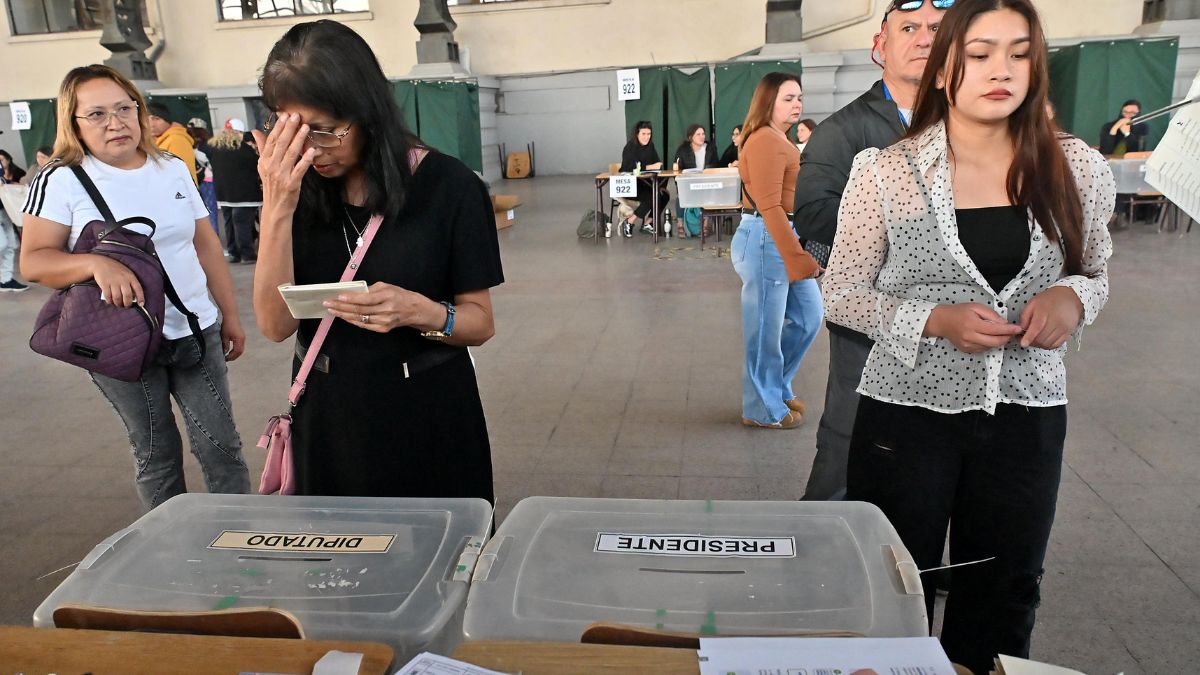)
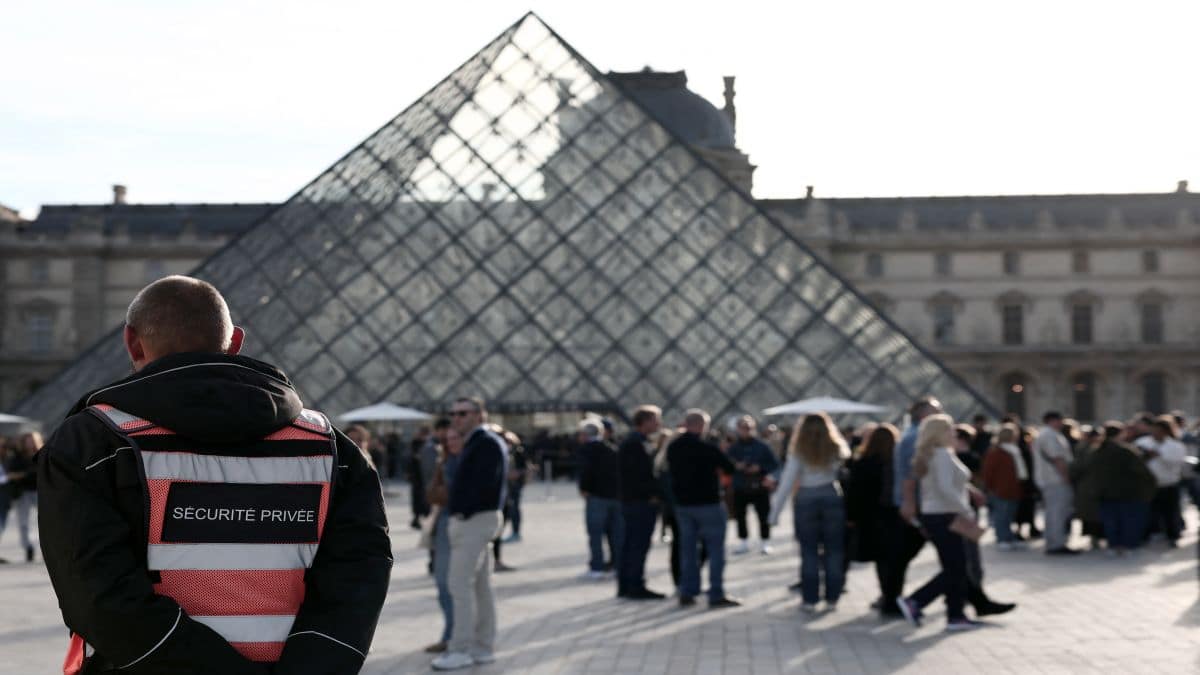
)
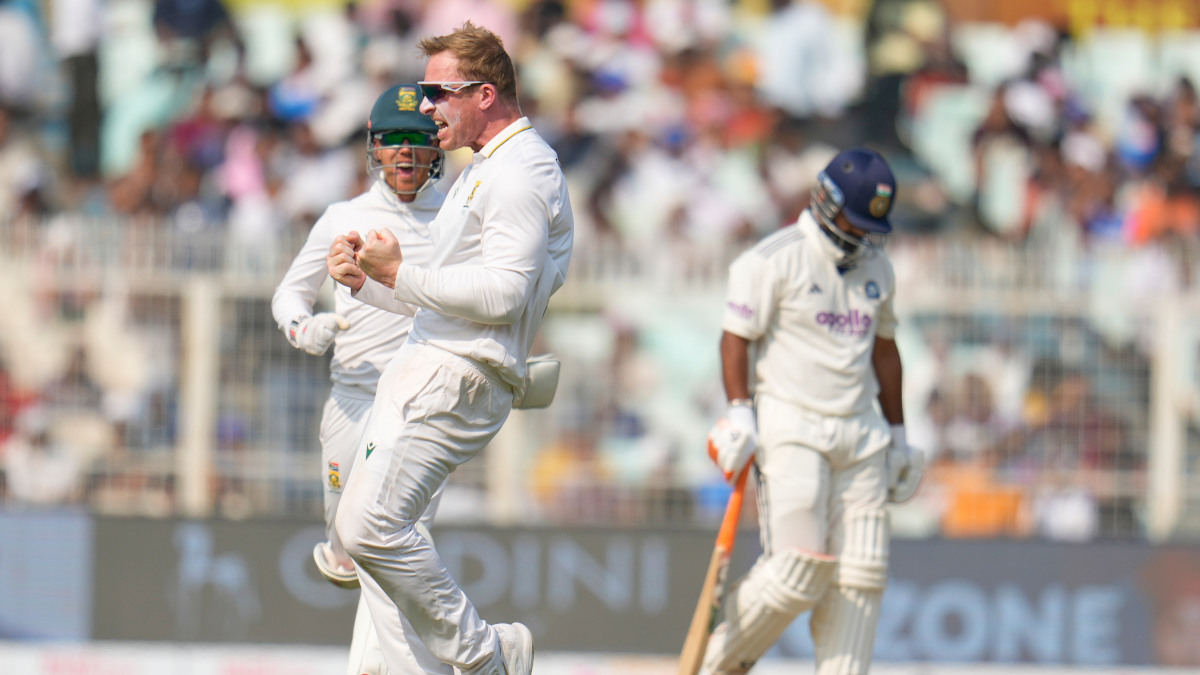)
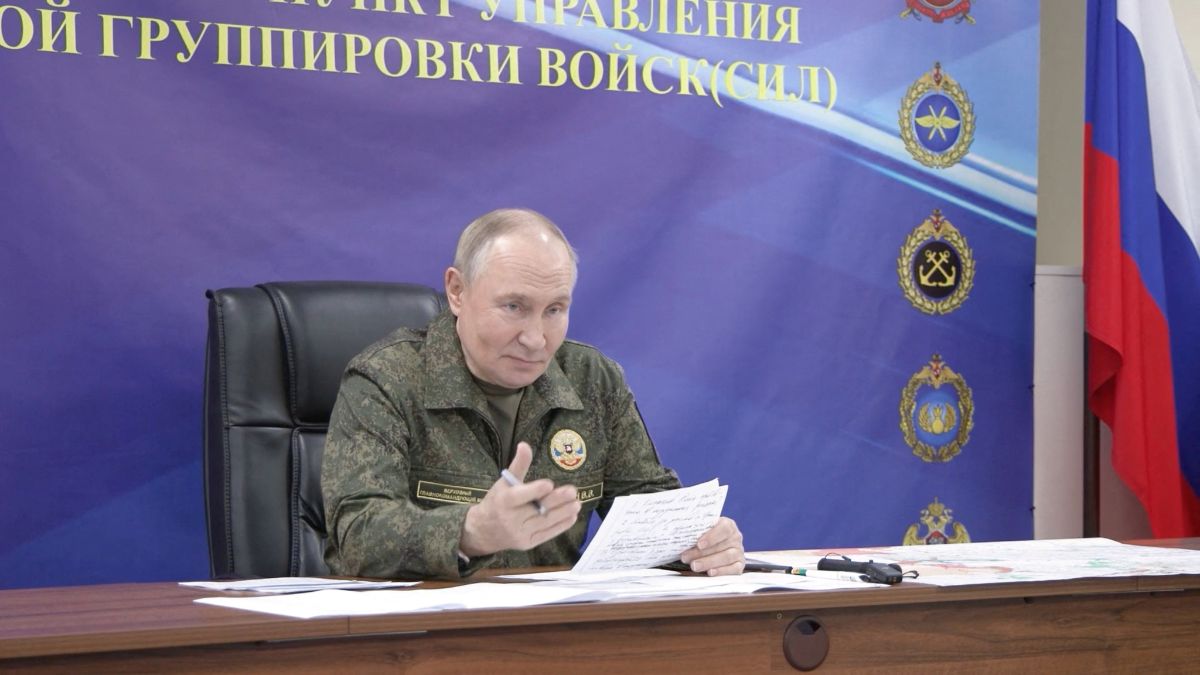)
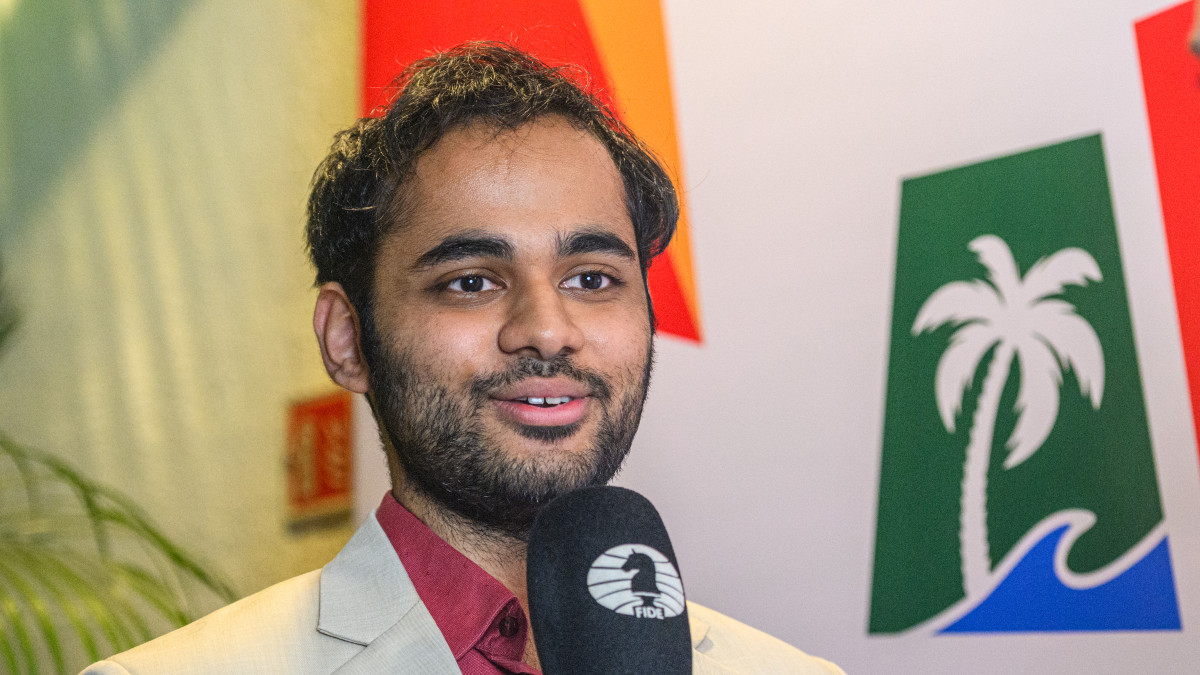)
)
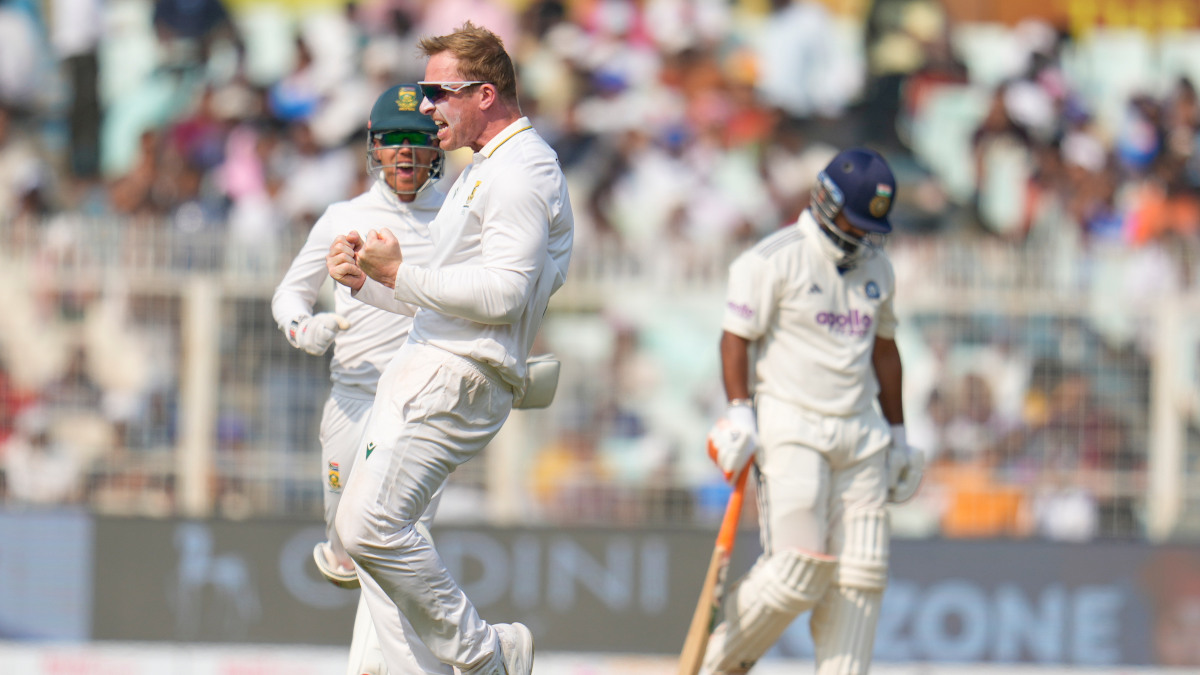)
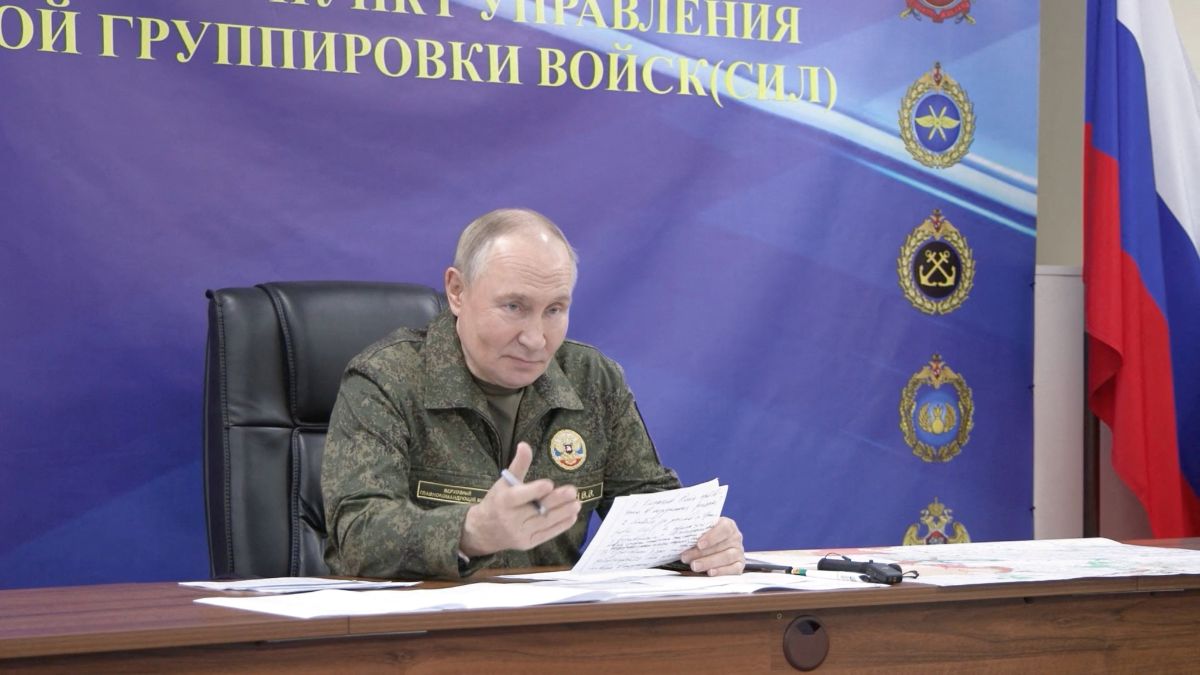)
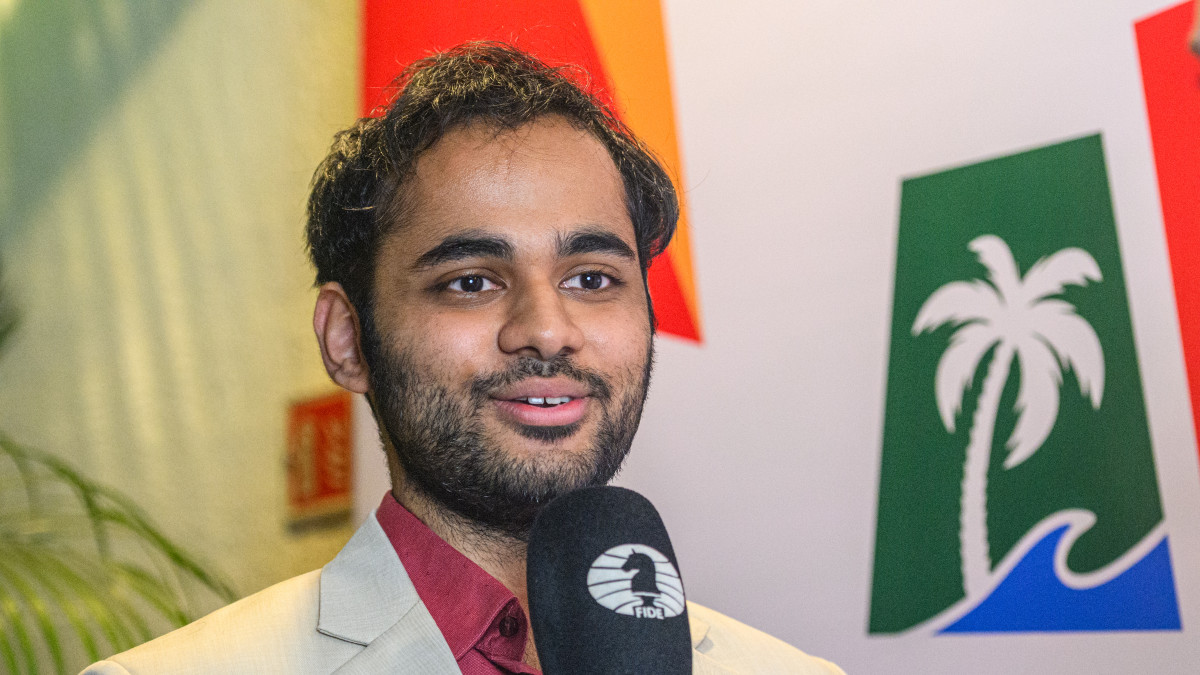)



